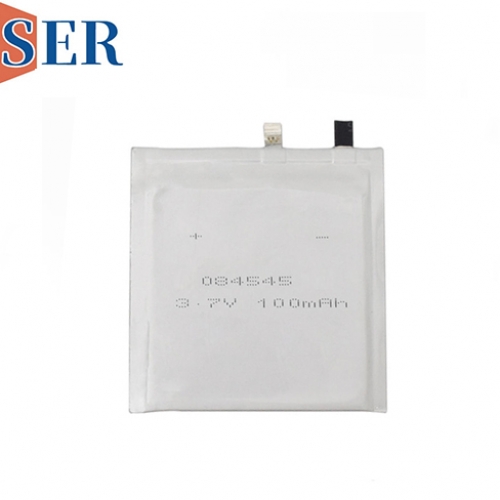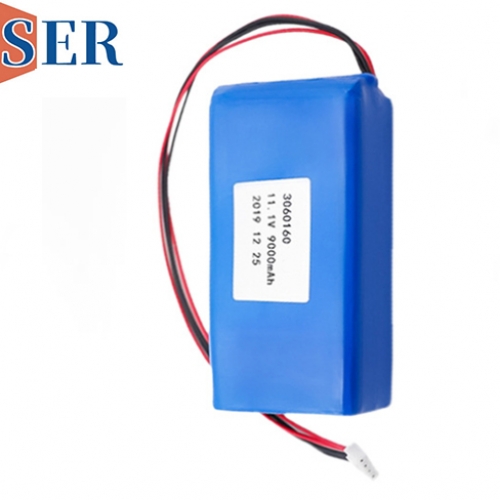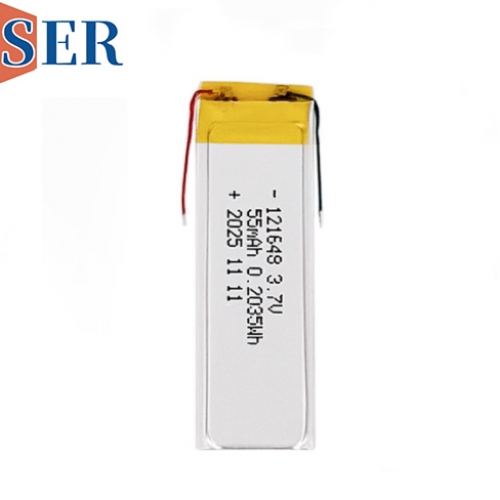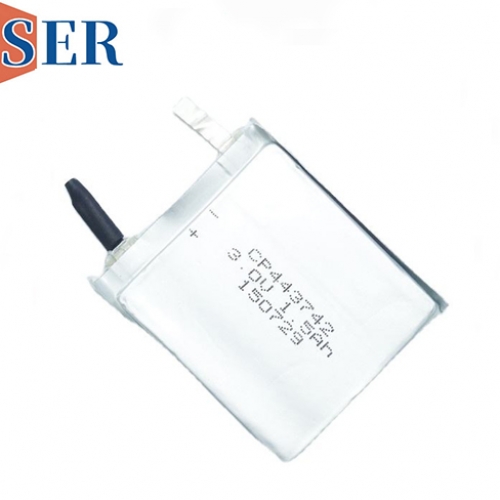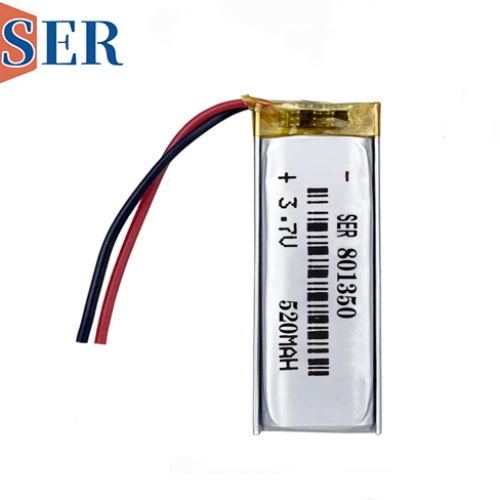LiSOCL2 Batteries in Oil Drilling and Downhole Devices
The Application of LiSOCL2 Batteries in Oil Drilling and Downhole Devices in High Temperature Environments
Abstract
Oil drilling operations are often faced with extreme conditions, including high temperatures and challenging environmental conditions. The performance of conventional batteries in such conditions is often limited, leading to premature failure and operational constraints. LiSOCL2 batteries, a unique type of high temperature battery known for its stability at high temperatures, offer a potential solution for meeting the energy needs of oil drilling and downhole devices in these environments. This article presents an overview of the application of LiSOCL2 batteries in oil drilling and downhole devices, focusing on their advantages and challenges in high temperature environments.

Introduction
Oil drilling operations require reliable power sources to support downhole tools and equipment. Conventional batteries, typically lithium-ion or lead-acid batteries, often struggle in the extreme temperatures encountered in oil drilling environments. This can lead to battery failure and a loss of power, which can significantly impact drilling operations. LiSOCL2 batteries, with their exceptional high-temperature stability, offer a potential solution for these challenges.
Background
LiSOCL2 batteries are a type of high temperature battery that uses thionyl chloride as the electrolyte. They are known for their high energy density, long cycle life, and ability to operate in extreme temperatures. These batteries have found applications in a range of industries, including aerospace and military, where high-temperature environments are common. In the context of oil drilling, the use of LiSOCL2 batteries can provide a more reliable power source for downhole devices, ensuring continuous operation even under demanding conditions.
Methodology
This article presents a literature review on the application of LiSOCL2 batteries in oil drilling and downhole devices. It highlights relevant studies and practical experiences on the use of these batteries in high temperature environments, discussing their performance, advantages, and challenges.
Results and Discussion
The application of LiSOCL2 batteries in oil drilling and downhole devices has been demonstrated to offer several advantages over conventional battery technologies. Their high-temperature stability allows them to operate effectively in environments where temperatures may exceed 200°C. This is particularly beneficial in downhole operations, where high temperatures are common and can lead to premature battery failure with conventional technologies.
LiSOCL2 batteries also exhibit good cycle life and high energy density, providing longer operational times for downhole devices. Their reliability in extreme conditions reduces the frequency of battery replacements and maintenance requirements, further enhancing their suitability for oil drilling applications.
However, the use of LiSOCL2 batteries in oil drilling operations is not without challenges. Their cost is significantly higher compared to conventional batteries, making them less economical for some drilling operations. Additionally, the special handling and disposal requirements for LiSOCL2 batteries can introduce logistical challenges in remote drilling sites.
Conclusion
The application of LiSOCL2 batteries in oil drilling and downhole devices offers significant advantages in high temperature environments. Their stability at high temperatures, long cycle life, and high energy density make them a suitable power source for downhole tools and equipment. Despite their higher cost and logistical challenges, the reliability and performance benefits they provide can be crucial for ensuring the success of oil drilling operations. As the demand for sustainable and efficient drilling practices increases, the use of LiSOCL2 batteries is likely to become more widespread in this field.

